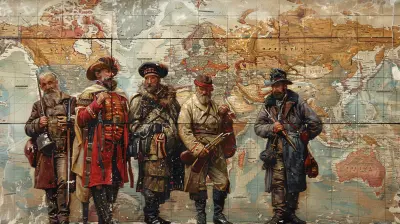The Role of the United Nations in Shaping Global Policies
1 August 2025
The United Nations (UN) is often seen as the world’s lifeline when global chaos erupts. But have you ever wondered just how deep its influence runs in shaping the policies that govern our planet? From human rights to climate change, the UN plays a crucial role in setting international rules and pushing governments to act.
In this article, we’ll dive into how the UN molds global policies, why its influence is so significant, and whether it's doing enough to tackle today’s most pressing issues.
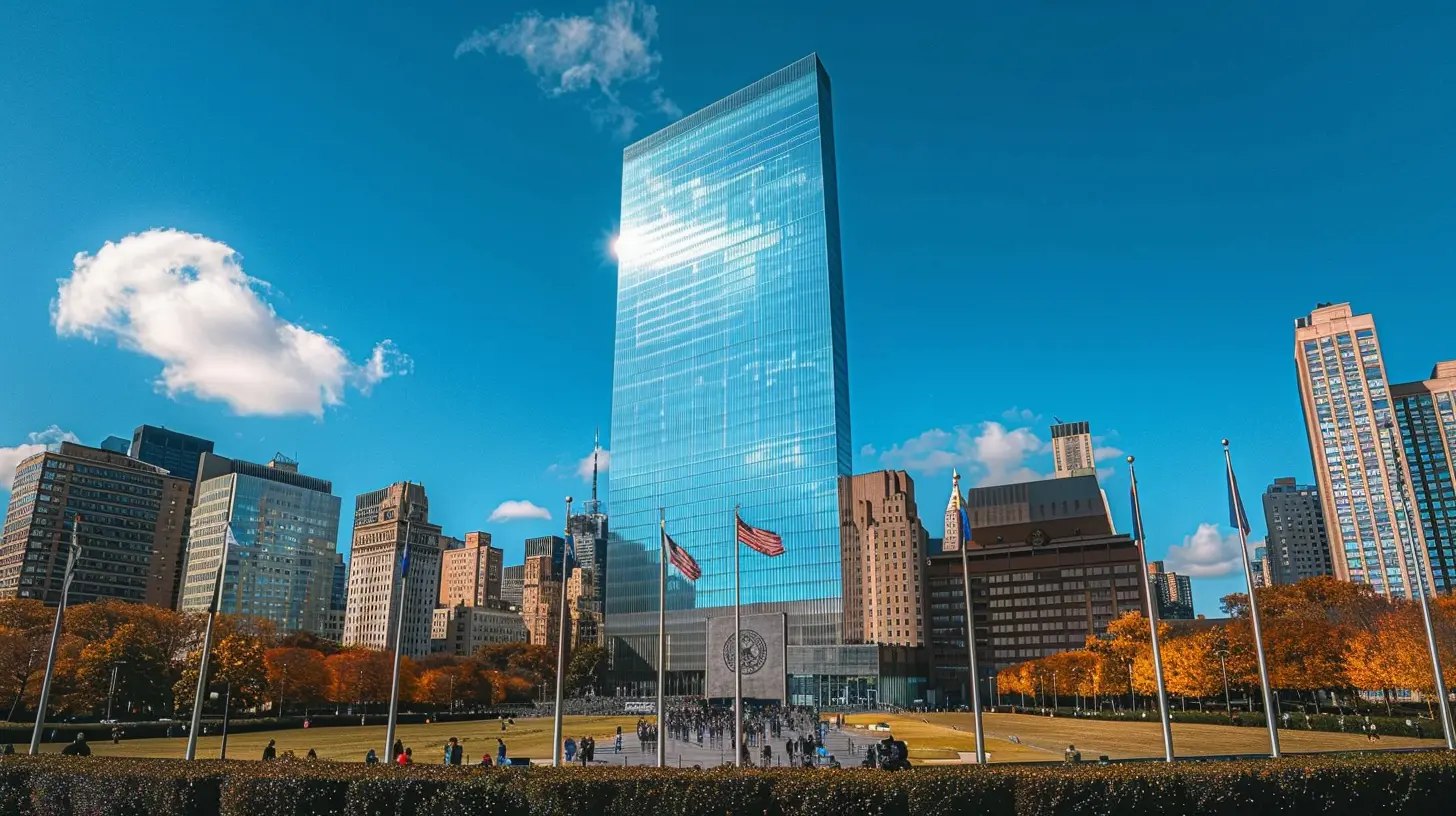
What Is the United Nations?
Before we get into the nitty-gritty, let’s quickly break down what the UN is. Founded in 1945 after World War II, the United Nations was created with one major goal: to prevent another global catastrophe. Fast forward to today, and it has 193 member states working together on everything from peacekeeping to economic development.But don’t be fooled—while the UN may seem like a massive bureaucratic machine, it’s also a powerful force shaping international policies.
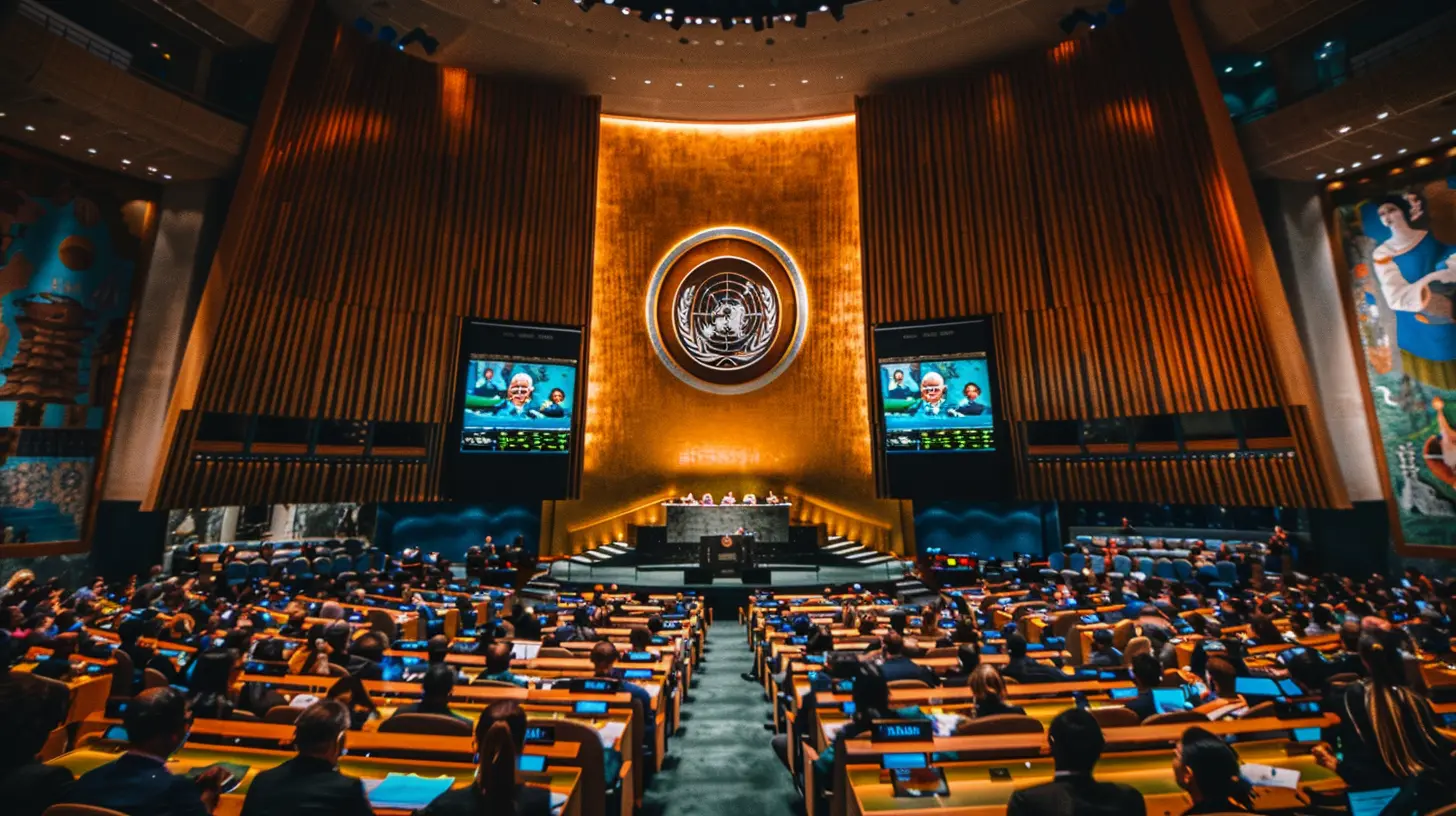
The UN's Role in Global Policy-Making
1. Setting the Global Agenda
One of the UN’s biggest strengths is its ability to bring nations together to discuss and agree on pressing global issues. Through summits, reports, and resolutions, the organization influences how countries think and act on topics like:- Climate change
- Human rights
- Economic development
- Health crises
- Peace and security
Think of the UN as the world’s referee—calling out problems, proposing solutions, and ensuring nations stay on track.
2. Promoting Peace and Security
If there’s one thing the UN is famous for, it’s peacekeeping. The organization sends peacekeepers (often called "Blue Helmets") to conflict zones to restore stability. It also mediates negotiations between warring nations and imposes sanctions on those who violate international law.For instance, when conflicts erupted in Rwanda, Bosnia, and the Middle East, the UN stepped in to either stop the violence or provide humanitarian aid. Without its intervention, many of these crises could have spiraled even further out of control.
3. Driving Sustainable Development
Ever heard of the Sustainable Development Goals (SDGs)? These 17 goals were set by the UN to tackle everything from poverty to education to climate action by 2030.By encouraging governments to adopt these goals, the UN plays a major role in shaping policies that affect billions of people. Countries are urged to align their national policies with the SDGs, ensuring that global progress happens in a structured and impactful way.
4. Defending Human Rights
Without the UN, human rights violations could go unpunished. The organization works through bodies like the Human Rights Council and the Office of the High Commissioner for Human Rights (OHCHR) to monitor abuses and pressure governments to uphold international standards.From fighting against child labor to advocating for gender equality, the UN has been instrumental in pushing policies that protect individuals worldwide.
5. Tackling Climate Change
Climate change is one of the biggest threats to humanity, and the UN has been at the forefront of efforts to address it. Through conferences like the Paris Agreement and the COP (Conference of the Parties) meetings, the UN has successfully brought countries together to commit to reducing carbon emissions.Without such a coordinated global effort, climate policies would be fragmented, making it nearly impossible to combat global warming effectively.
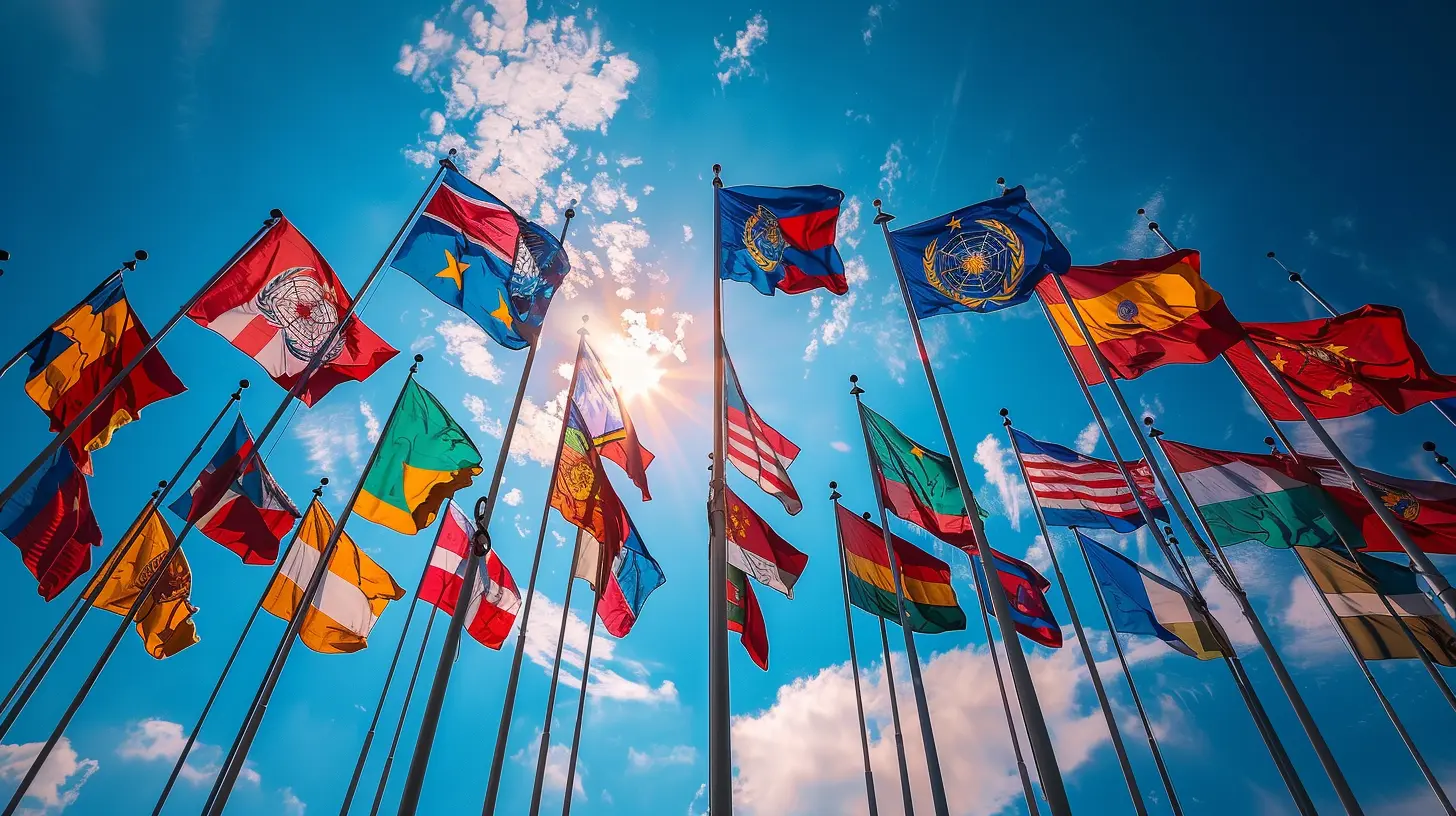
The Challenges the UN Faces
While the UN plays a critical role in shaping global policies, it’s not free from criticism. Here are some major challenges it faces:1. Lack of Enforcement Power
The UN can create policies, but it doesn’t have the power to enforce them. If a country refuses to comply, the organization often relies on diplomatic pressure rather than legal action.2. Bureaucracy and Slow Decision-Making
With 193 member states, getting everyone to agree on policies can take years. The bureaucratic nature of the UN sometimes slows down urgent responses to global crises.3. Political Influence by Powerful Nations
Countries like the U.S., China, and Russia exert significant influence over UN decisions, often leading to biased resolutions. This raises concerns about whether the UN truly represents global interests or just those of the most powerful nations.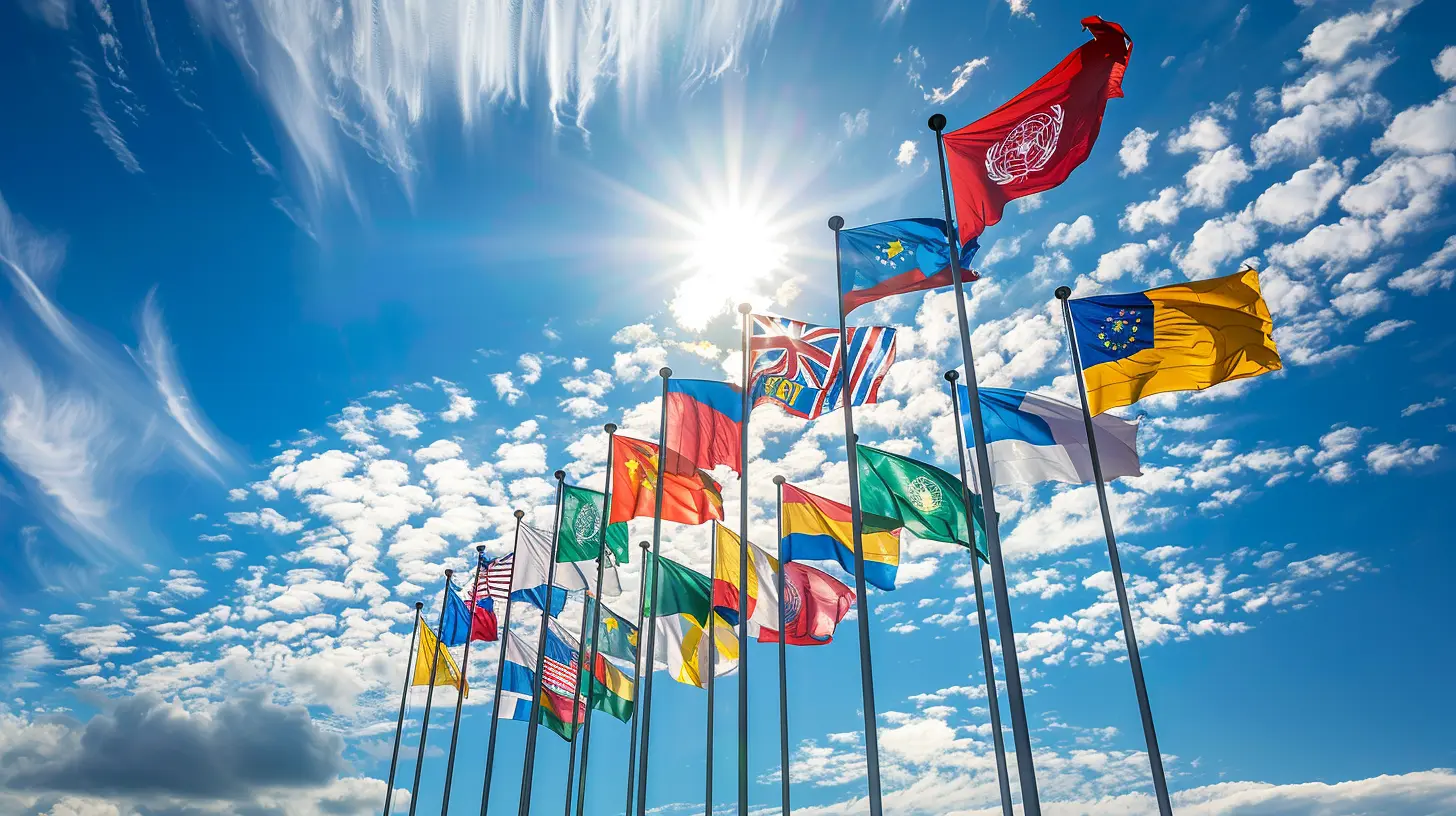
Is the UN Still Relevant Today?
Absolutely! Despite its flaws, the UN remains the only international body capable of bringing nations together to tackle global problems. Without it, the world would lack a unified voice on critical issues like climate change, poverty, and human rights.Can it be improved? Without a doubt. Reforming outdated structures, increasing transparency, and giving smaller nations a stronger voice could make the UN even more effective in shaping global policies.
Final Thoughts
The United Nations isn’t perfect, but it has undoubtedly shaped global policies in ways that impact every single one of us. Whether it's combating climate change, promoting peace, or ensuring basic human rights, its influence is undeniable.As the world faces new and complex challenges, the question isn’t whether the UN matters—it’s how we can make it stronger and more effective in the years to come.
all images in this post were generated using AI tools
Category:
Social StudiesAuthor:

Eva Barker
Discussion
rate this article
1 comments
Ace Sheppard
The United Nations is essential; without its bold leadership, global policies would lack cohesion, effectiveness, and genuine commitment to progress.
August 9, 2025 at 4:49 AM

Eva Barker
Thank you for your insightful comment! The UN's leadership indeed plays a crucial role in fostering global collaboration and driving meaningful progress in policy-making.


